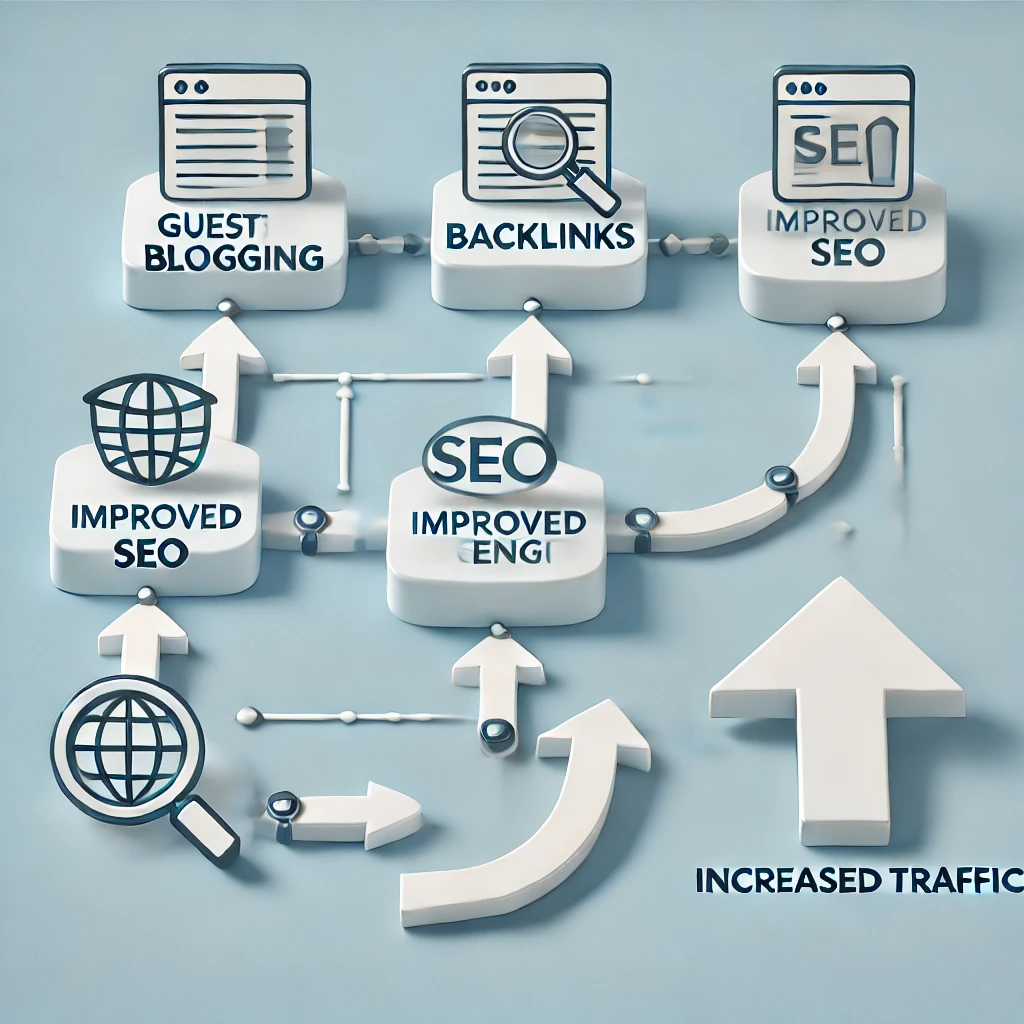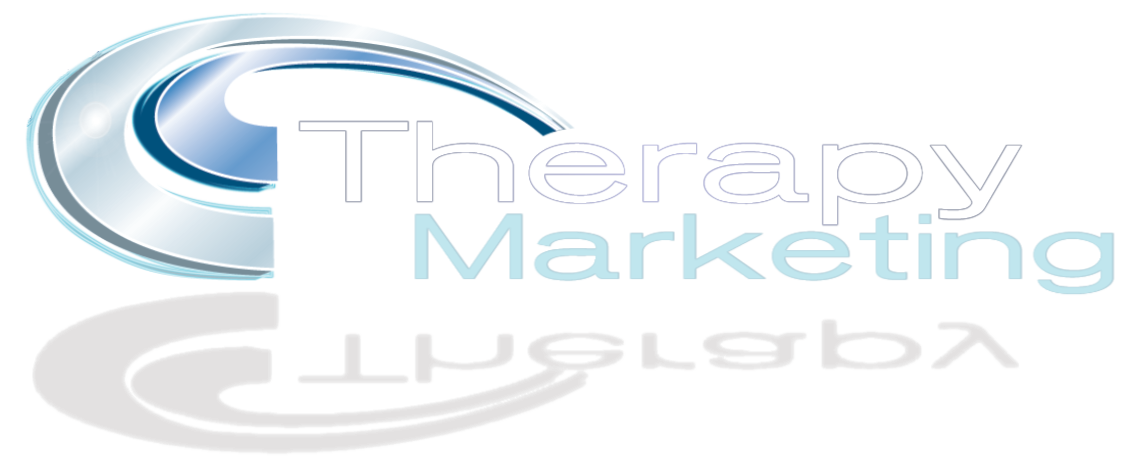A Simple Guide for Right Now
What is Article Marketing for Therapists?
Using article marketing for therapists is one of the most effective marketing strategies for therapists that want to grow your practice online. It involves writing helpful, informative articles that attract potential clients to your website. By offering practical advice and answering common questions, therapists can show people how therapy can help them. These articles not only build trust with readers but also improve your website’s SEO (Search Engine Optimisation), helping your site rank higher in Google searches.
Right now, article marketing for therapists remains a powerful tool, especially when you use the latest SEO strategies. It’s a low-cost yet highly effective way to reach new clients, increase your online visibility, and demonstrate your expertise as a therapist.

In this guide, we’ll explore why article marketing for therapists works, how to write articles that attract clients, and how to optimise them so they’re easy to find online.
Why Article Marketing for Therapists Works
Content is King (But It’s Evolved)
You’ve probably heard the saying, “Content is king.” This means that writing useful, interesting content is one of the best ways to succeed online. But right now, content needs to do more than just exist, it needs to be valuable and focused on what readers want. Google and other search engines now care more about quality than how many articles you write.
When people search online, they are looking for answers. Maybe they’re looking for tips to manage anxiety or trying to find a therapist in their area. If your article answers their questions, they’ll start to trust you as someone who knows what they’re talking about. This trust is really important in therapy because clients want to feel confident that you can help them.
This is why article marketing for therapists is so effective. By writing helpful articles that address common issues, you can reach people who might be looking for therapy. Articles also help Google see that your website is useful, which can push your site higher in search results, so even more people find you.
How Article Marketing Brings Clients to Your Website
Every article you write is an opportunity to bring more people to your therapy website. Article marketing for therapists helps in two main ways:
- Direct Traffic: When someone reads your article on your website or another site (such as a guest blog), they may click through to your website to learn more about your services. This is called direct traffic, and it brings clients straight to your therapy site.
- Search Engine Traffic: Articles that use the right keywords and are structured properly will rank higher in Google searches. This means more people will find your articles when searching for terms like “how to manage stress” or “best therapist near me.” Over time, your website will show up more frequently in search results, helping more people find your therapy practice.
By consistently using article marketing, you can gradually increase the number of visitors to your website, which will ultimately lead to more clients.
How to Use Article Marketing
Know Your Audience and Keywords
The first step in article marketing for therapists is knowing who your target audience is and what issues they are most concerned with. Are you writing for teens with anxiety? Couples looking for relationship counselling? Adults struggling with work-related stress? Once you understand your audience, you can create articles that speak directly to their needs.
Next, think about what words people would type into Google when searching for therapy. These are your keywords. For example, if someone is looking for help with anxiety, they might search for “therapy for anxiety” or “how to manage anxiety.” Using these therapy-related keywords in your articles helps them show up when people search for those terms.
Here are some primary keywords you might use in your article marketing for therapists:
- Therapy for anxiety
- Therapy for depression
- Couples counselling tips
- Therapist for relationship problems
- Cognitive Behavioural Therapy (CBT) for depression
- Therapist for social anxiety
- Mindfulness therapy for stress
- Therapy for panic attacks
These secondary keywords will also help attract more clients:
- How to find a therapist near me
- Therapist for workplace stress
- Therapist for grief counselling
- How therapy helps with self-esteem
- Therapist for family counselling

By naturally including these keywords in your articles, you’ll help more people find your therapy practice when they search online.
Optimise Your Articles for SEO
SEO (Search Engine Optimisation) is how you make sure your articles are easy to find on search engines like Google. Here’s how to optimise your article marketing for therapists to ensure you rank well on Google.:
- Use Keywords Naturally: Make sure to use your main keyword, such as “therapy for anxiety,” in the article’s title, in the introduction, and a few times throughout the content. But don’t overuse it—your writing should flow naturally.
- Write Long-Form Content: Google prefers longer articles because they provide more information and value. Aim for blog posts that are 1,500–2,500 words and cover topics in-depth. For example, instead of simply listing “ways to reduce stress,” explain how each technique works and how therapy can support stress management.
- Meta Descriptions: Write a short, clear summary of your article (called a meta description) that includes your keyword. This will show up under your article title in Google search results and should make people want to click through to read the full article.
- Internal and External Links: Link to other helpful pages on your website (such as your therapy services page or related blog posts). You should also link to trusted external sources like research studies or reputable mental health organisations. This shows Google that your article is well-researched and reliable.
How to Decide What Subjects to Write About for Your Therapy Blog
Deciding what subjects to write about is one of the most important parts of article marketing for therapists. The right topics will attract potential clients, answer their pressing questions, and help improve your SEO. But how do you choose the best subjects for your articles?
Here are some steps to help you decide what to write about, using therapy-related keywords that are likely to draw attention and improve your search engine rankings:
1. Identify Common Client Concerns
Start by thinking about the most common issues your clients face. These are the same problems people are likely searching for online. For example, many clients may seek help for anxiety, depression, or relationship problems. Articles like “How Therapy for Anxiety Can Help You Cope with Daily Stress” or “5 Benefits of Couples Counselling” will not only address real concerns but also attract clients searching for those specific services.
2. Use SEO Keyword Research Tools
To make sure your articles are found by potential clients, you need to include SEO keywords in your content. Use tools like Google Keyword Planner or SEMrush to discover which therapy-related search terms are popular. Keywords like “therapy for anxiety”, “cognitive behavioural therapy for depression”, or “mindfulness therapy for stress” are commonly searched and could form the basis for articles that rank well in search engines.
3. Focus on Evergreen Topics
Evergreen topics are subjects that will remain relevant over time. Articles on “How Cognitive Behavioural Therapy Helps with Depression” or “Therapy for Panic Attacks: What to Expect” are always helpful and will continue to attract readers long after they’re published. These articles can bring in consistent traffic and rank well for months or even years.
4. Address Frequently Asked Questions
Think about the questions your clients ask you during consultations. If clients regularly ask about how therapy can help with social anxiety or how to find the right therapist, these are great subjects for your articles. For example, an article titled “How to Find the Right Therapist for Anxiety” could target both “therapist for anxiety” and “how to find a therapist near me”, reaching potential clients who are unsure of where to start.
5. Target Local SEO for More Visibility
If your therapy practice relies on local clients, it’s important to create content that targets local SEO. Writing articles that include location-specific keywords such as “best therapist for stress in [city]” or “couples counselling in [location]” can help you attract clients in your area. Articles like “How to Find a Therapist in [City]: 5 Things to Consider” will connect you with people searching for therapy services nearby.
6. Write About Trending Mental Health Topics
While evergreen content is valuable, it’s also important to stay current with trending topics in the mental health field. Subjects like “how therapy can help with pandemic-related stress” or “therapy for workplace burnout” are timely and can attract readers who are looking for immediate answers. Use trending keywords while making sure the content is still helpful long-term.
Still Lost on Article Subjects?
Why not take a look at our suggestions that hopefully might inspire you. Our article “Therapy Article Suggestions for Different Therapies” might give you some useful ideas
How Article Marketing Builds Trust
One of the biggest advantages of article marketing for therapists is that it helps build trust with potential clients. Here’s why:
- Sharing Knowledge: When you write articles, you’re showing that you understand your clients’ problems and know how to help. For example, if someone is feeling overwhelmed by anxiety and reads your article “5 Ways Therapy Can Help with Anxiety,” they’ll feel more confident in your ability to support them.
- Consistency: By regularly publishing articles, you become a familiar and trusted source of information. Over time, potential clients will start to think of you when they need help with their mental health.
Tip 1: Make Your Articles Easy to Understand
When choosing the content for your article marketing for therapists, keep your language simple and avoid using too much technical jargon. Write like you’re explaining things to a friend who isn’t familiar with therapy. This makes your content more accessible and encourages readers to keep reading.
Using Article Marketing for Therapists to Drive Traffic
Let’s take a closer look at how article marketing for therapists can help bring more visitors to your website.
On-Site Articles: Writing for Your Blog
Your therapy website should have a blog where you regularly post helpful articles. Blog posts are one of the best ways to attract people who are looking for answers to their problems.
- Write Long-Form Articles: Google prefers longer, detailed articles. Aim for posts that are at least 1,500 words and offer in-depth explanations of common therapy issues. For example, an article titled “How Cognitive Behavioural Therapy Can Help You Overcome Anxiety” can explore different CBT techniques and how they work.
- Show Your Expertise: Google values E-A-T (Expertise, Authoritativeness, Trustworthiness). This means you need to show that you’re an expert in your field. Write clearly about therapy techniques and explain how your services can help. Back up your points with research or professional experience to show that you know what you’re talking about.
- Use Keywords Effectively: Do some keyword research to find out what people are searching for. Then, write articles that include these keywords. For example, if people are searching for “therapy for social anxiety,” you can write a blog post titled “How Therapy Can Help You Manage Social Anxiety.”
Off-Site Articles: Guest Blogging
Writing articles for other websites, like mental health blogs or online publications, is another effective strategy. This is called guest blogging. When you write for other sites, you can include a link to your website in the article, which brings more people to your site.
Guest blogging also helps with SEO because when other websites link to your site, Google sees your site as more trustworthy and ranks it higher.
Share Your Articles on Social Media
Sharing your articles on social media is a great way to reach a larger audience. Post your articles on platforms like Facebook, LinkedIn, and Instagram so your followers can read and share them with others who might need your services.

Building Trust and Branding Through Article Marketing
Article marketing for therapists not only helps you bring traffic to your website but also builds your brand. Each article you publish is an opportunity to show potential clients what makes you unique as a therapist and how you can help them.
Tip 2: Find Your Brand Voice
Your brand voice is how you communicate with your audience. Make sure your articles reflect the tone and approach of your therapy practice. For example, if your practice focuses on mindfulness therapy, your articles should feel calming and supportive, helping readers feel more at ease.
How to Write Articles for Therapists: Step-by-Step
1. Understand Your Audience
Before writing, think about what problems your clients face. Are they dealing with anxiety, relationship issues, or work stress? Knowing your audience will help you write articles that address their needs.
2. Answer Their Questions
Your articles should answer the common questions potential clients have. For example, if your clients struggle with anxiety, an article like “How Cognitive Behavioural Therapy Can Help You Overcome Anxiety” would provide clear steps on how therapy can make a difference.
3. Use Simple Language
Keep your language simple. Avoid using complicated terms that your readers might not understand. Think of it as explaining something to a friend who doesn’t know much about therapy.
Creating a Schedule for Your Articles
Consistency is important. Writing one article is great, but writing one article every month is even better. Over time, you’ll build up a collection of articles that bring people to your website regularly.
Tip 3: Make a Content Calendar
A content calendar helps you stay on track. Plan your articles for the next few months so you always know what you’re going to write next. For example:
- January: “How Therapy Can Help with Anxiety”
- February: “5 Benefits of Mindfulness for Stress Relief”
- March: “How to Find the Right Therapist for You”
By creating a schedule, you’ll be more consistent with your posts and won’t run out of ideas.and maintain a consistent article marketing schedule.
For Non-Writers: What to Do If You Don’t Want to Write
Not everyone enjoys writing, and that’s okay. If you don’t have the time or confidence to write articles yourself, you can still benefit from article marketing for therapists by getting help from others.
Hire a Writer
At Therapy Marketing, we understand that writing high-quality, engaging content can be time-consuming. Instead of hiring a freelance writer or a content marketing agency, you can rely on our expert team of content writers to handle it for you. We take your ideas and transform them into well-written, professional articles that attract clients and improve your SEO.
Our team specialises in crafting content specifically for therapists, ensuring that every article is tailored to your practice and optimised to rank higher in search results, making it easier for potential clients to find you online.
Use AI Tools with Care
There are also AI tools like ChatGPT that can help you write articles. However, make sure to read through and edit the content to ensure it’s accurate and fits your style. The main problem is user can often tell if the content has been created by AI and if readers can you can be sure that Google can as well.
Conclusion: Article Marketing for Therapists Can Growing Your Practice
Right now, article marketing for therapists remains one of the best ways to grow your practice. By writing helpful, easy-to-read articles, you can attract more clients, build trust, and improve your online presence.
Whether you write the articles yourself or get help to do it, the key to success is staying consistent and focusing on providing value. With the right approach, article marketing for therapists can help you reach more people and grow a successful therapy practice.
